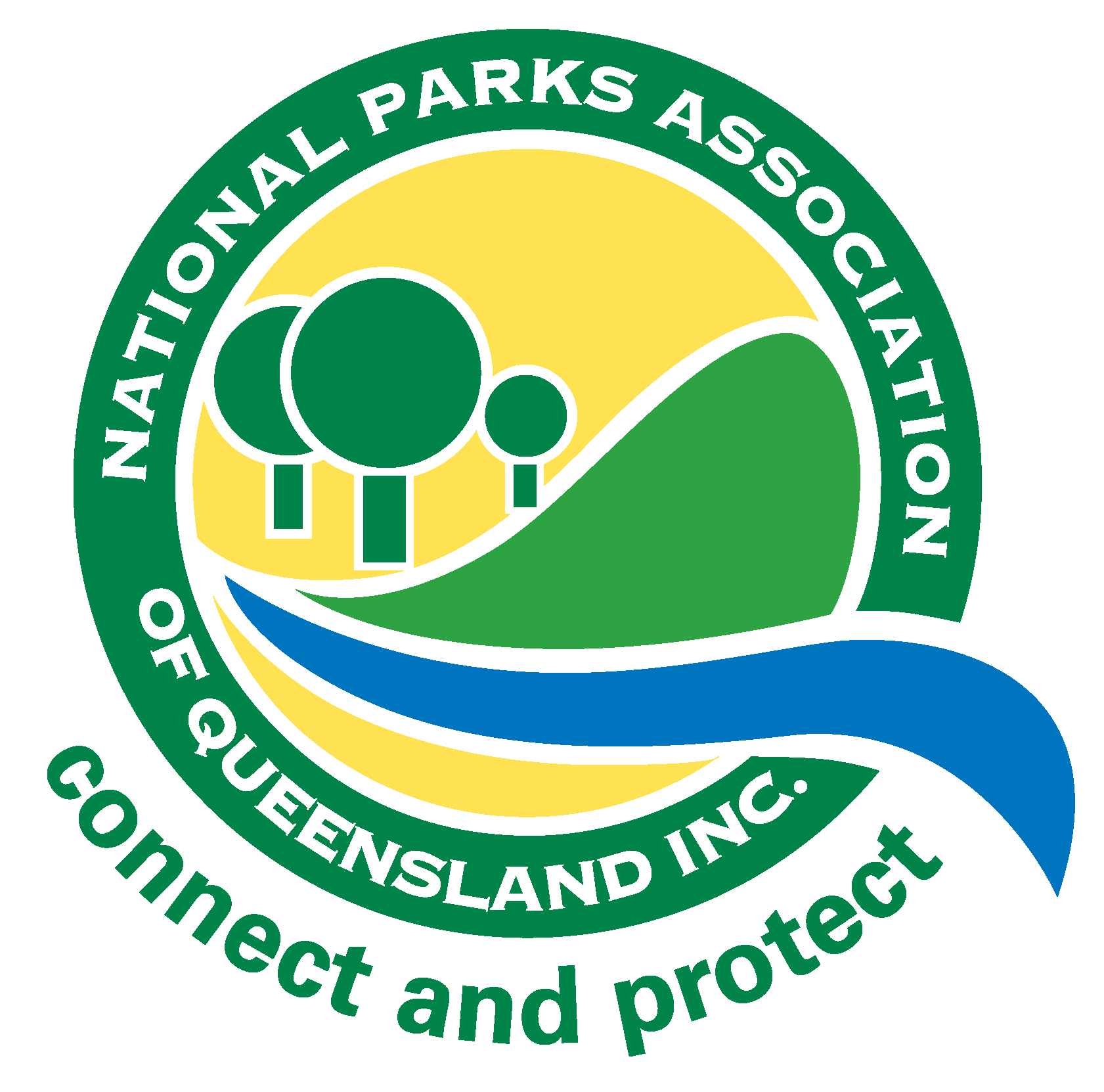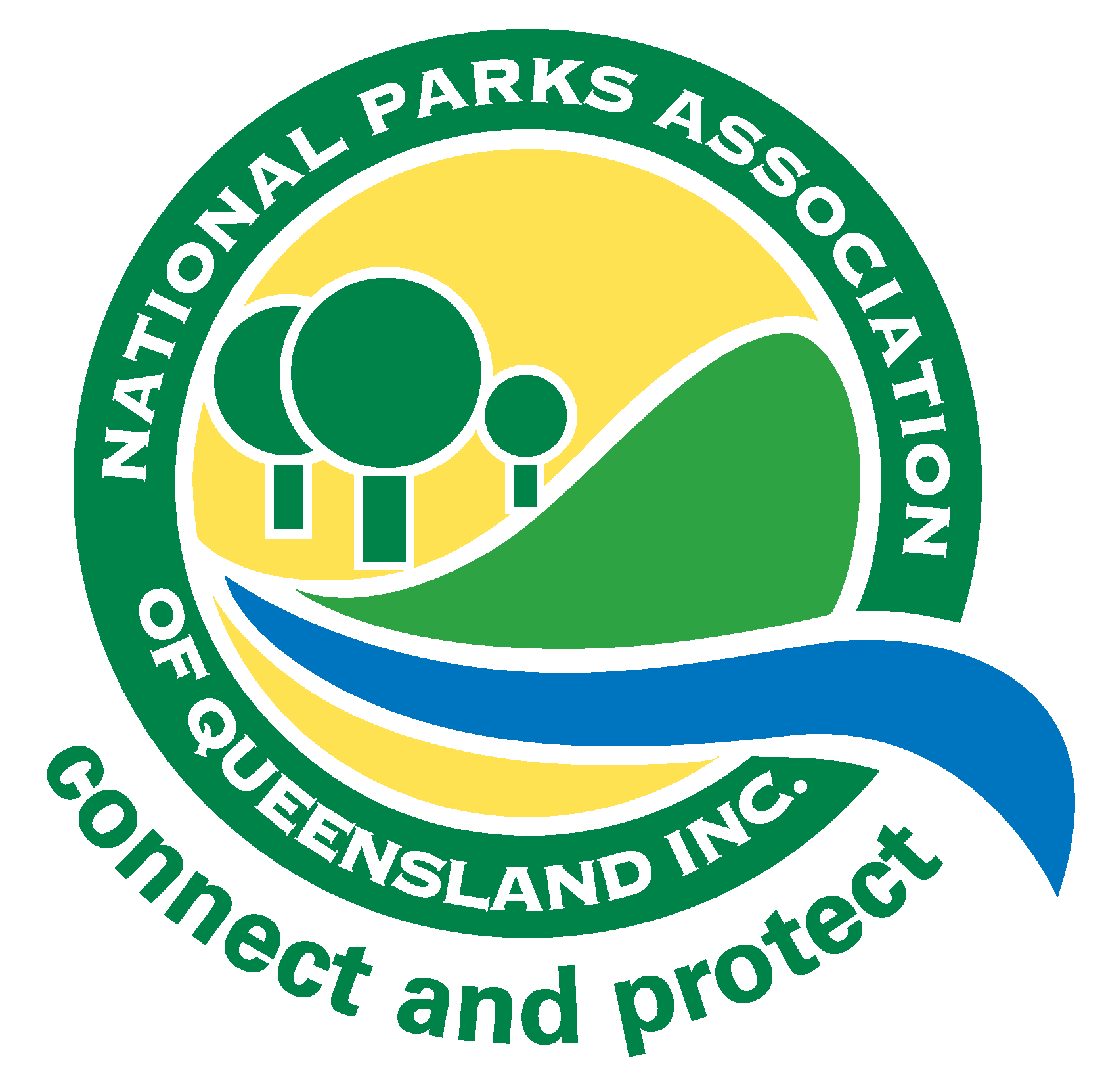Protected Magazine
Land and Sea Ranger Program
Queensland Indigenous Land and Sea rangers are employed by First Nations organisations across Queensland to care for their traditional land and sea Country.
About the Land and Sea Rangers
Through the Queensland Indigenous Land and Sea Ranger Program (the program), the Department of Environment and Science provides funding and partnership support to First Nations organisations to employ rangers and undertake work on Country.
The program works closely with ranger groups and their employing organisations to develop negotiated work plans. It provides additional support with training, leadership development, networking, partnerships, and promotion.
In this way the program successfully empowers Traditional Owners to manage and protect their Country, and work towards their goals and aspirations.
Looking after Country
Land and Sea ranger teams deliver annual workplans that are based on their Traditional Owner group’s Country plans (or similar). These identify the cultural, natural, social and economic values of Country and strategies for caring for these values and for communicating them to their communities.
Ranger workplans operationalise their Country plans. Rangers undertake a broad range of management activities including protecting native plants and animals, restoring land, sea and fresh-water habitats, managing Country with fire, controlling feral animals and pest plants, managing visitor impacts and restoring cultural sites such as rock art, stone arrangements, fish traps, middens and scar trees. Rangers also play a role in reinvigorating culture and sharing traditional knowledge and language.
The outcomes achieved by Land and Sea rangers are significant and contribute to wider environmental, social, cultural and economic benefits for First Nations communities.
Unique skills and roles
Indigenous Land and Sea rangers bring to their jobs a unique mix of traditional knowledge and connection to Country combined with specialised skills in resource management.
In many communities, Land and Sea rangers serve as important role models and contribute to the transfer of traditional knowledge across generations.
Many ranger teams educate younger generations about caring for Country, through Junior Ranger programs for school students, and work experience and vocational education programs for secondary students. Some teams work with young people who are disengaged from school and community, helping them to reconnect with Country and their culture.
The program supports rangers to develop their leadership skills and project management skills through specialised training and development programs.
Many tenures, strong partnerships
Land and Sea rangers work across Queensland, in locations stretching from Cape York Peninsula to the Lake Eyre Basin and the Gold Coast.
Land and Sea rangers work across their Country – which can be a variety of tenures including Native Title lands, leasehold and freehold lands, national and marine parks, and Indigenous Protected Areas.
Rangers work in partnership with landholders for access to Country, and with other stakeholders including government and non-government agencies, natural resource management groups, universities and community organisations for access to resources, expertise and training.
These partnerships are ‘win-win’ arrangements, with partners benefiting from Land and Sea rangers’ knowledge of Country, cultural understanding, and practical skills and experience.
Many Land and Sea ranger teams work in partnership with QPWS on the protected area estate within their Country.
Dulabed Malanbarra Yidinji partnership
Near Cairns, the Dulabed and Malanbarra Yidinji Aboriginal Corporation (DMYAC) manages one of the ‘newer’ Land and Sea ranger teams, the Jawajawa rangers.
DMYAC has a partnership arrangement with QPWS for co-stewardship of protected areas that fall within Country, including the Native Title determination area.
Through a Memorandum of Understanding, DMYAC and QPWS jointly negotiate an annual shared works program which considers both partners’ priorities for parts of Wooroonooran National Park, and other parks within Country. DYMAC’s Country Plan sets out the Traditional Owners’ interests and priorities and informs their Jawajawa ranger workplan.
The Jawajawa rangers received Land and Sea ranger program funding in 2022. As with many ranger teams, fire work is an important part of their workplan, with Traditional Owners prioritising traditional burns to eradicate weeds, restore ecological systems and protect cultural sites from wildfires.
Jawajawa rangers undertake conservation and hazard reduction burns in partnership with QPWS. The Jawajawa and QPWS rangers have developed a strong, respectful and mutually beneficial relationship with shared goals for fire management.
Jawajawa rangers are using fire as a management tool for weeds that impact culturally-significant sites on their Country, such as bora grounds within the national park.
‘I love doing cool burns. There’s less destruction and more rejuvenation’, says Jason Ambyrum, Jawajawa Ranger.
The partnership with QPWS has fostered cross-cultural knowledge transfer with respect to conservation science and traditional burning methods, creating a diverse and dynamic information exchange.
The future
The DMYAC partnership with QPWS is just one of many examples across the State. With increasing recognition of the importance of traditional knowledge and practices, and the threats posed by a changing climate, Queensland’s Indigenous Land and Sea rangers are increasingly vital to the protection and management of our ecosystems, including protected areas.
From 20 rangers in 2007, the program has grown to over 150 rangers and now operate from 37 locations. During 2023, additional ranger positions will be funded to bring the total number of Queensland Indigenous Land and Sea Rangers to 200.


